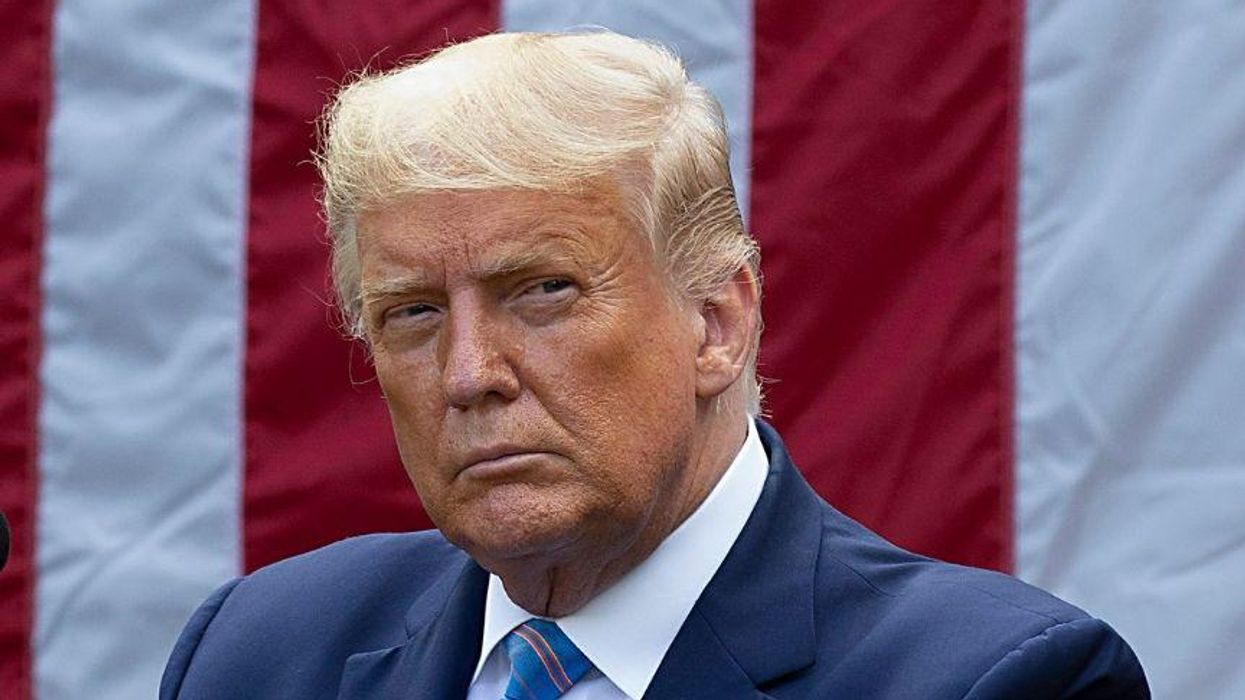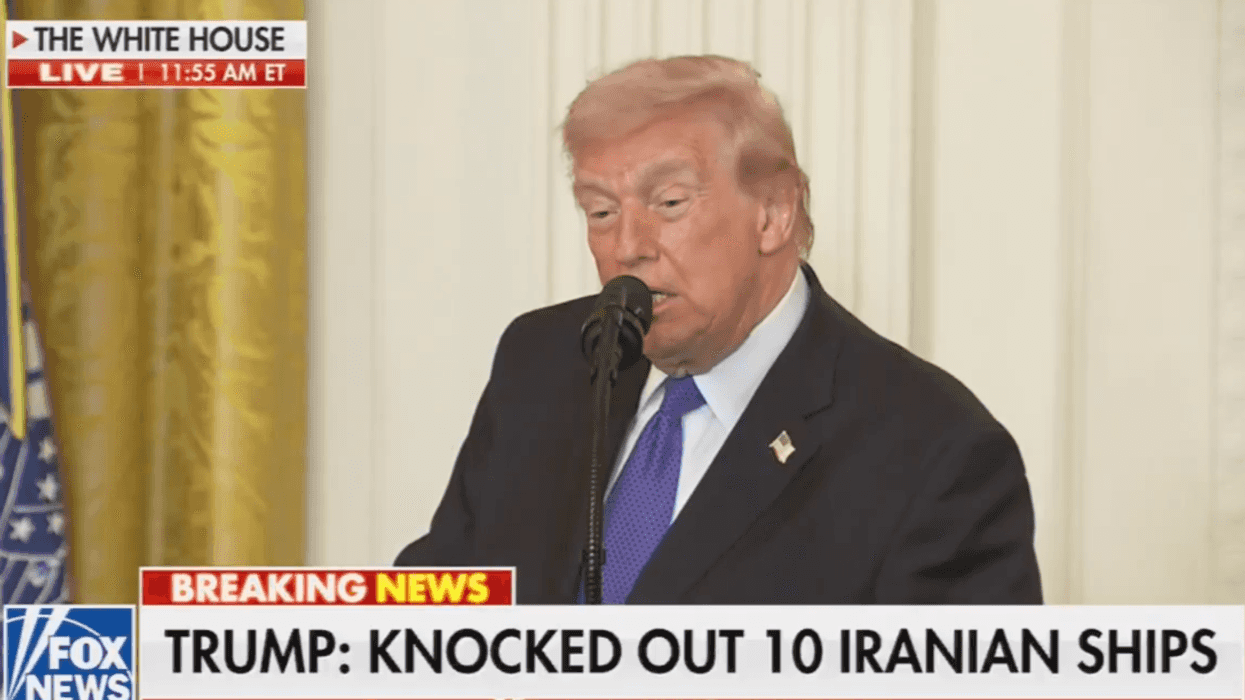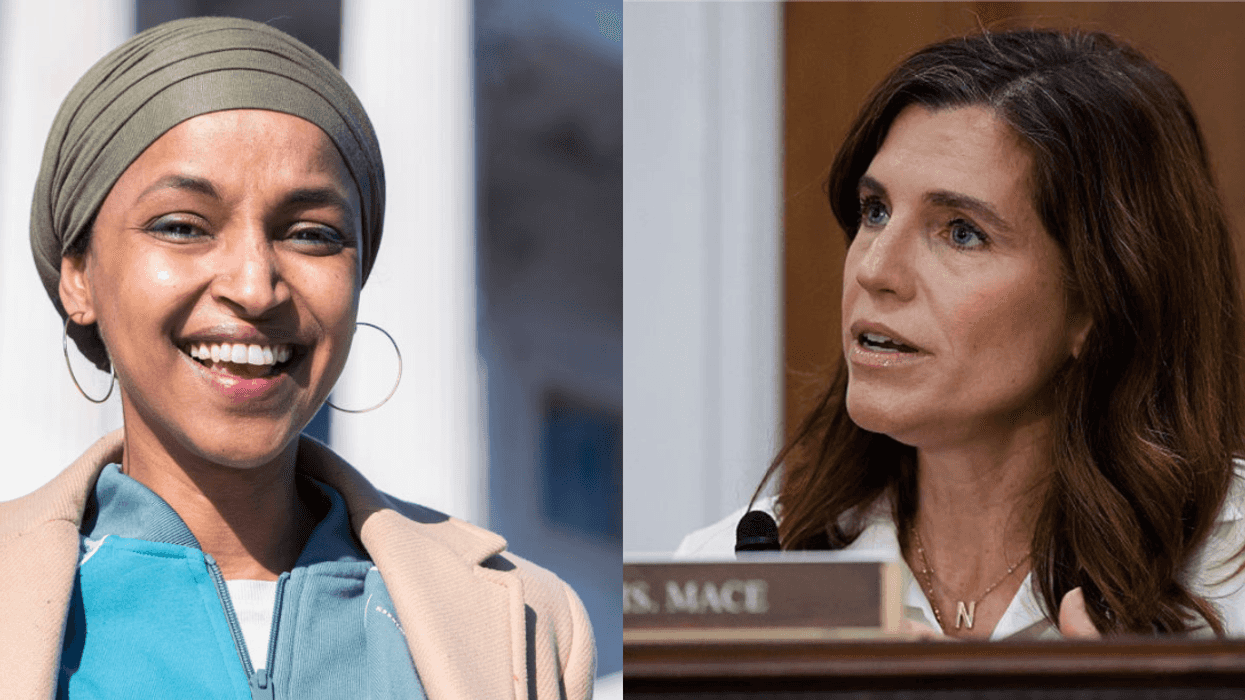Former President Donald Trump may no longer be in office, but the far-right ideology he helped normalize, coupled with his blatant lies and violent rhetoric, still remains popular in the Republican party.
Though Trump ultimately lost the election in 2020, he gained votes compared to his performance in 2016. The 2020 election also saw a number of extremist Republicans like Representatives Marjorie Taylor Greene (R-GA) and Lauren Boebert (R-CO) elevated to the halls of Congress.
While Democrats control the White House and hold a narrow majority in both Congressional chambers, the 2020 election was far from a public rebuke of Trump's tenure in office.
Given the current refusal of nearly every Republican lawmaker to condemn Trump—even for the deadly attack on the Capitol prompted by his election lies—it appears that the party will continue to embrace Trumpism in the 2022 midterms and beyond.
That's why a group of anti-Trump Republicans are seeking to form a third party to offset Trump's dominance in the GOP.
Tim Reid of Reuters reported that dozens of officials from past Republican administrations, along with other familiar faces in the GOP, are mobilizing behind the scenes toward this very goal.
Reid writes:
"More than 120 of [anti-Trump Republicans] held a Zoom call last Friday to discuss the breakaway group, which would run on a platform of 'principled conservatism,' including adherence to the Constitution and the rule of law—ideas those involved say have been trashed by Trump."
The group even includes at least three former Trump officials: former DHS officials Miles Taylor, Elizabeth Neumann, and John Mitnick.
Their hope is to build support by elevating moderate Republican candidates to run against radical Republican candidates.
Critics of the current GOP were well on board with the move.
But some are scoffing at the effort, partly due to the perspective that Trump's doctrine is inseparable from the core values of the Republican party.
It won't be until November of next year that the nation gets its first glimpse of how pervasive Trumpism is without Trump himself on the ballot.
















